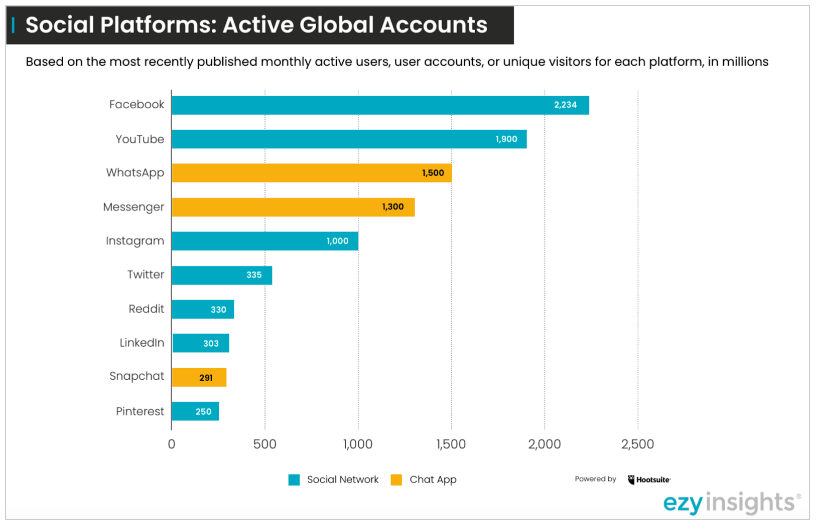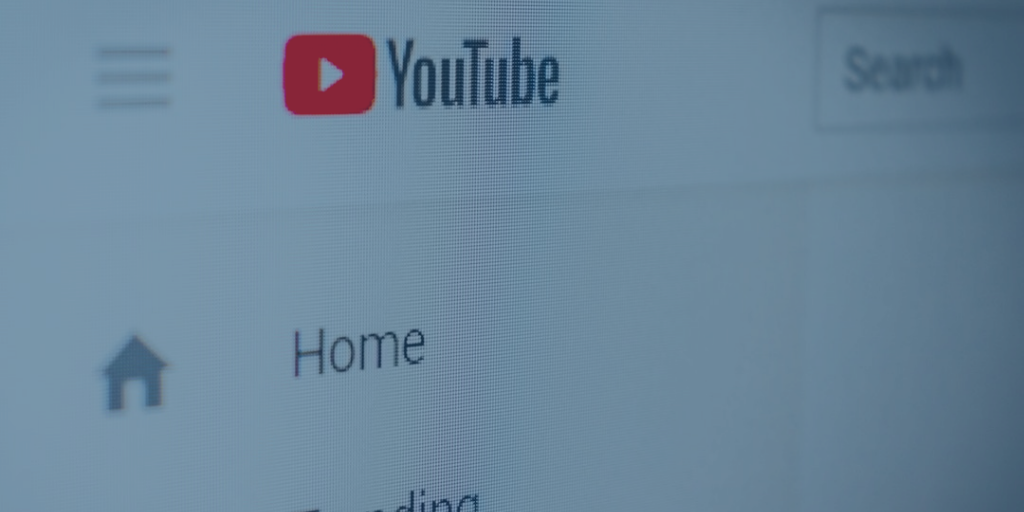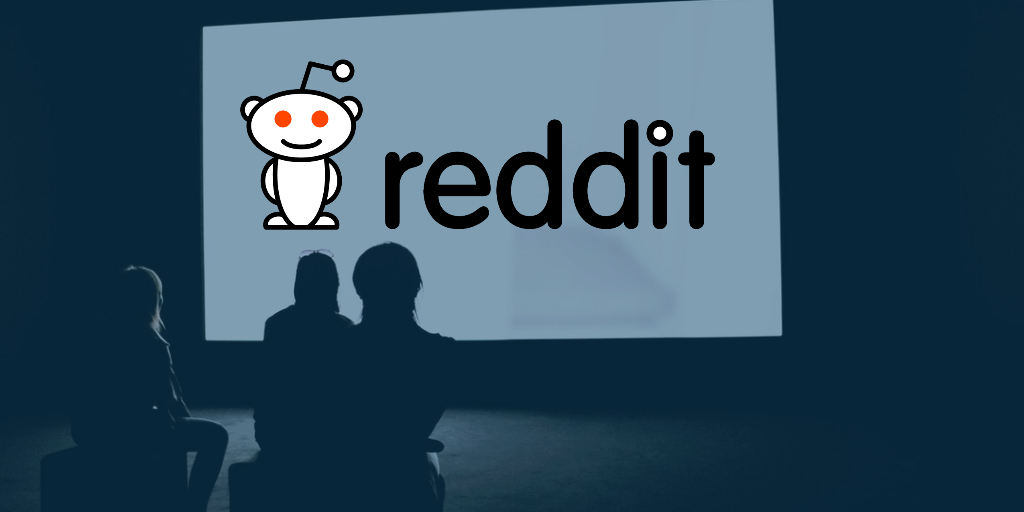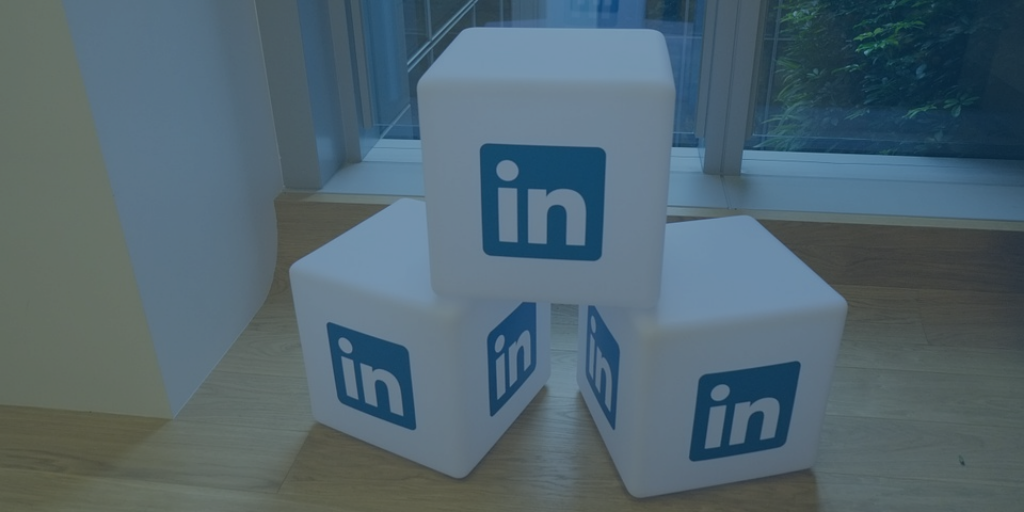In 2017 we claimed #metoo as the social media event of the year. Our justifications were based not only on the sheer volume of discussion across social media but also on the impact outside social media platforms.
As 2018 is coming to an end, we’re reflecting on what the data shows the social media event of the year to be. It seems that controversies regarding social platforms is a theme that has dominated this year.
Controversy has defined social media in 2018
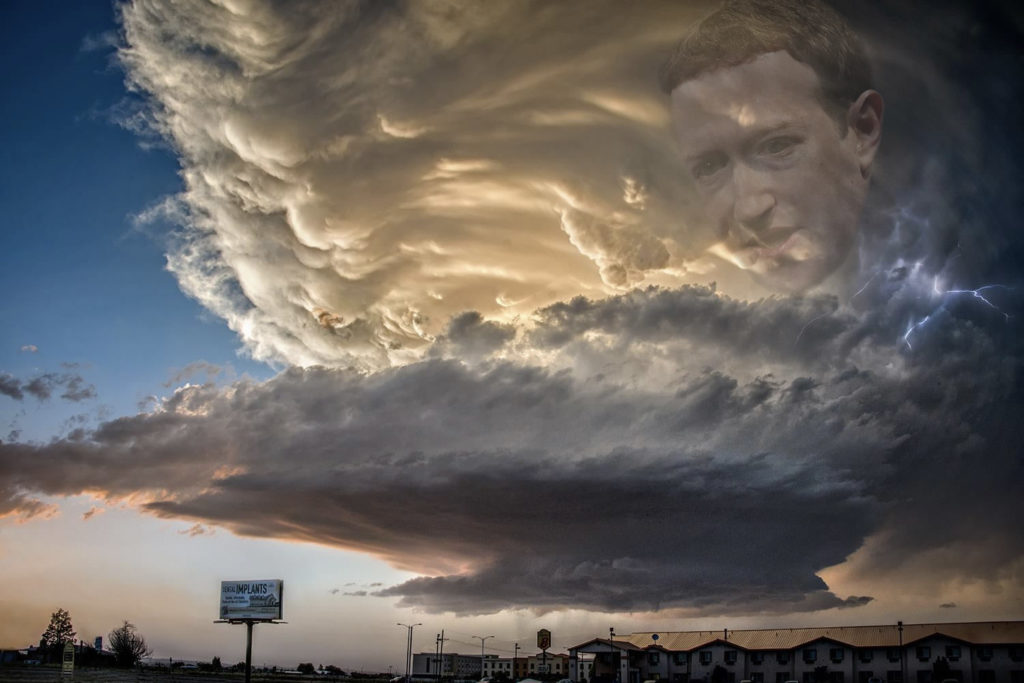
After looking through the data, we concluded that the social media event of 2018 was not an individual story. Yes Brexit has lingered on, as have the daily Trump controversies. Stephen Hawking died, the leaders of North and South Korea met, Meghan Markle and Prince Harry got married, but the topic that has persisted through 2018 has been a whole lot of controversies involving every major social platform.
Data
Despite a plethora of controversies, social media continues to grow. New social media platforms are emerging and most of the well-known ones are adding new users every month despite campaigns such as #DeleteFacebook.
- In Q2 2018 Facebook had 2.27 Billion monthly active users globally and 376 Million monthly active users in Europe.
- YouTube claimed 1.58 Billion users in 2018. This number is expected to grow up to 1.86 by 2021, according to Statista.
- Instagram reached 1 Billion monthly active users in June 2018.
- Reddit surpassed the number of Twitter users in 2018. More importantly, their engagement numbers are very good. According to The Next Web “The average user spends 15 minutes 47 seconds on Reddit.com each day, compared to just over 11 minutes for visitors to Facebook.com, and 6 minutes 23 seconds on Twitter.com.”
- LinkedIn has 303 Million active users worldwide . The average user spends 17 minutes per month on the platform. LinkedIn’s Q2 2018 revenue increased by 37% to $1.4 billion.
- Pinterest has 250 Million monthly active users and majority of these are women. According to Pinterest, the amount of pins has grown by 75% since last year.
- Twitter is one of the few platforms declining. It went down from 335 Million monthly active users in Q2 2018 to 326 Million in Q3 2018.
- Snapchat is the second major platform in decline. Monthly active users are down from 191 Million monthly active users in Q1 2018 to 186 Million in Q3 2018. 71% of Snapchat users are under 34 years old and they spend on average 30 minutes on the platform every day.
Controversies
While Facebook has taken the most high profile bashing across the media, all social media platforms are going through different controversies, challenges and difficulties of their own.
 Facebook. The long running privacy issues and the Cambridge Analytica controversy that began unravelling back in 2015 were in the headlines again and again, making Facebook’s 2018 painful for both the public and the company. Governments (eight countries) called on Mark Zuckerberg to testify (he didn’t) and recently the British Government seized communications between Facebook executives which may reveal more about how much the company knew about the Russian election interference. The most recent leaks on internal communications reveal some effects of external pressure on employees in the company.
Facebook. The long running privacy issues and the Cambridge Analytica controversy that began unravelling back in 2015 were in the headlines again and again, making Facebook’s 2018 painful for both the public and the company. Governments (eight countries) called on Mark Zuckerberg to testify (he didn’t) and recently the British Government seized communications between Facebook executives which may reveal more about how much the company knew about the Russian election interference. The most recent leaks on internal communications reveal some effects of external pressure on employees in the company.
Facebook has a complex and torn relationship with publishers due to the algorithm changes which reduced traffic across the board. Since 2017, Facebook claims to have taken down 1.3 billion fake accounts in 6 months…but without giving an indication of how much of the problem that addresses. Facebook continues to grow, adding another 142 Million users during 2018, but there is still no real sense of how many fake users there are present on the platform.
Facebook’s main problem here is not that data leaks happened because of their naivete, but that it was part of their strategy. As awareness of the scale of Russian disinformation campaigns come into the public consciousness, Facebook will face tough questions about how loose it has been with user data to outside actors, as well as other tech giants. Despite several official Facebook responses to articles and headlines, the momentum is clearly against them.
Does 2019 look any better for Facebook? It’s unlikely. Our prediction is that things will continue to get worse for them. As the public understand more about the implications and become less tolerant towards privacy breaches, negative sentiment will almost certainly increase.
Google. The U.S. congress blew their opportunity to scrutinise Google’s CEO Sundar Pichai for privacy and bias on Google Search. The opportunity to laugh at the out of touch politicians also exposed the huge gulf of understanding between the fast moving tech industry and the institutions that create the laws attempting to govern them. Google employees were and are unhappy with Google’s moves into the censored China with Project Dragonfly, and there was an exposé into sexual harassment cover ups.
Google Plus, the platform no one ever loved, can’t be killed quickly enough after multiple leaks exposed user details.
Although they have not experienced the same level of intense criticism as Facebook, expect to see privacy concerns increase as people understand more about how much data Google collects about them.
YouTube. European copyright legislation and article 13 in particular has put YouTube on the defensive. YouTube executives have threatened to leave Europe due to the legal risks related to copyrights imposed by article 13.
More and more, YouTube has been exposed as a significant platform for radicalising young men. The yearly mega-budget round up video, YouTube Rewind 2018 sparked a backlash and became the most disliked video on the whole platform within a few days.
In 2019, expect to see a rise in discontent regarding the influence and popularity of alternative media, conspiracy theorists, racists and “men’s rights activists” on the platform.
Instagram has had their fare share of “inauthentic behaviour” of fake engagement and they are working to clean up their platform. “Recently, we’ve seen accounts use third-party apps to artificially grow their audience.”
Influencer marketing is very big on Instagram, and has begun moving from ‘under the counter’ to officially approved status, but this is still ongoing. Paid partnerships are declared as such by bigger influencers in bigger markets, yet many influencers still fly under the radar and may not even know or understand why convert their personal Instagram accounts into ‘business’ ones. This is a new form of advertising and many people have found the lack of regulation and unclear pricing strategies difficult to manoeuvre. Not to mention the rise of influencers who fake sponsored content to make themselves look more popular.
Despite this, 2019 looks more positive for Instagram. Expect to see it rise in popularity and usage.
Twitter had to clean millions of fake accounts during 2018. Twitter has faced issues with bots, fake accounts, trolls, harassment, bullying, racism and the President of the USA rage tweeting often. The platform is becoming recognised as a place that is often horrible for women. It’s also the first place that media look for derogatory or incriminating tweets from the past from anyone in the public eye.
In 2019, Twitter needs to get serious regarding clearing up all the issues above.
Reddit, just like other social networks, has put a considerable effort into keeping their platform clean this year. Last year, they had problems with large financial service companies using the platform to spread their messages and with agencies manipulating conversations on purpose to serve the objectives of their customers. The year before, one person tested spreading and promoting fake news on Reddit and was able to upvote these to be seen by millions of readers.
In 2019 it’s likely that Reddit will remain under the mainstream radar considering it is the incubation platform for many extreme groups.
LinkedIn. Cyber criminals and hackers have used fake profiles for phishing attacks and data collection. Chinese agents have used fake LinkedIn profiles to target 10 000 German government officers. Yet many of us continue to use LinkedIn for networking and career advancement.
LinkedIn remains the most used platform that people actively dislike having to use. Expect them to trial LinkedIn stories but generally stay in the same position.
Google News. The Internet giant continues to fight against European copyright reform. Articles 11 and 13 are the most painful for Google and therefore it is threatening to pull Google News from Europe. Google has lined up three high level meetings for mid-December and wants to negotiate with the European Union, Commission and Parliament. Both parties are still able to find common ground if they wish.
Google News has significant obstacles in Europe. It is unclear whether this arm of Google is able to overcome these to any significant degree in 2019.
Moving forward
We have drifted off quite far from the original idea of the free Internet and the ideals Sir Timothy John Berners-Lee designed the World Wide Web on in 1989. Commercial interests, governance issues and privacy mistakes have painted us into the corner we are in now.
This is not a doomsday prediction but a realisation of the current state of the Internet and social media. It seems we are nearing an end of an era. Social media is important to us and continues to grow but it also has to shape up beyond self regulation. We are not taking a stand on how that should happen, whether social media giants manage themselves better or governance and regulation is required. The point is that we have enough evidence saying that the current situation is unsustainable.
New technologies have always faced both fear of unknown and legal issues. Cars were thought to be unsafe in the beginning and some people wanted a flag to be waved in front of an automobile. As we know now, cars are useful and important.
Trains were thought to suffocate people but turns out they improve our lives. I don’t need to address the aeroplane. The point is people have always had concerns with new technologies but have found ways of putting them to work for the greater good.
Let’s also not forget how important social media remains as a news source and more for so many people. Healthy platforms are better for everyone: users, publishers and platform holders alike. We will find a way forward but first we must address these hard questions we are facing right now.


